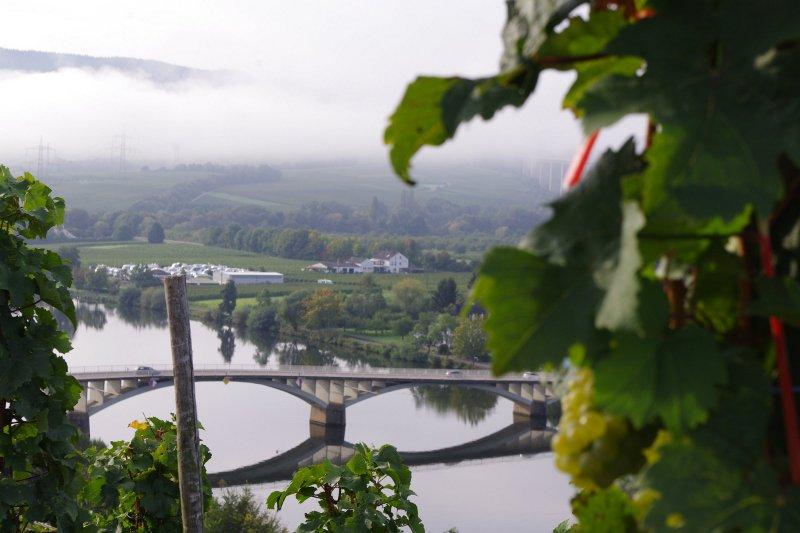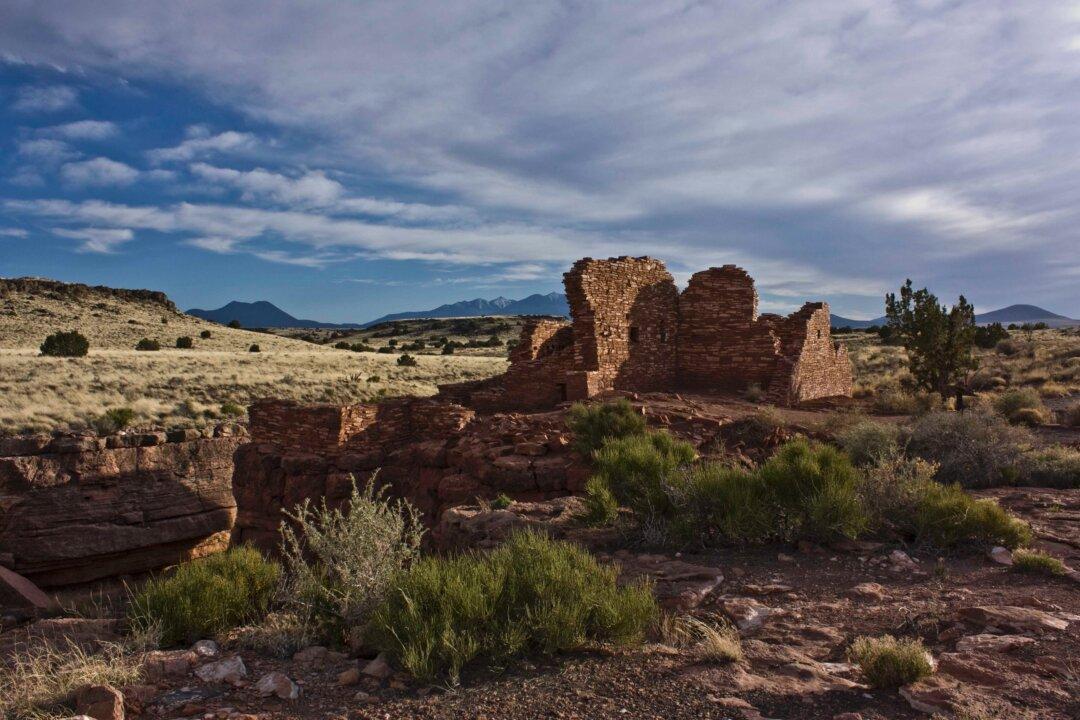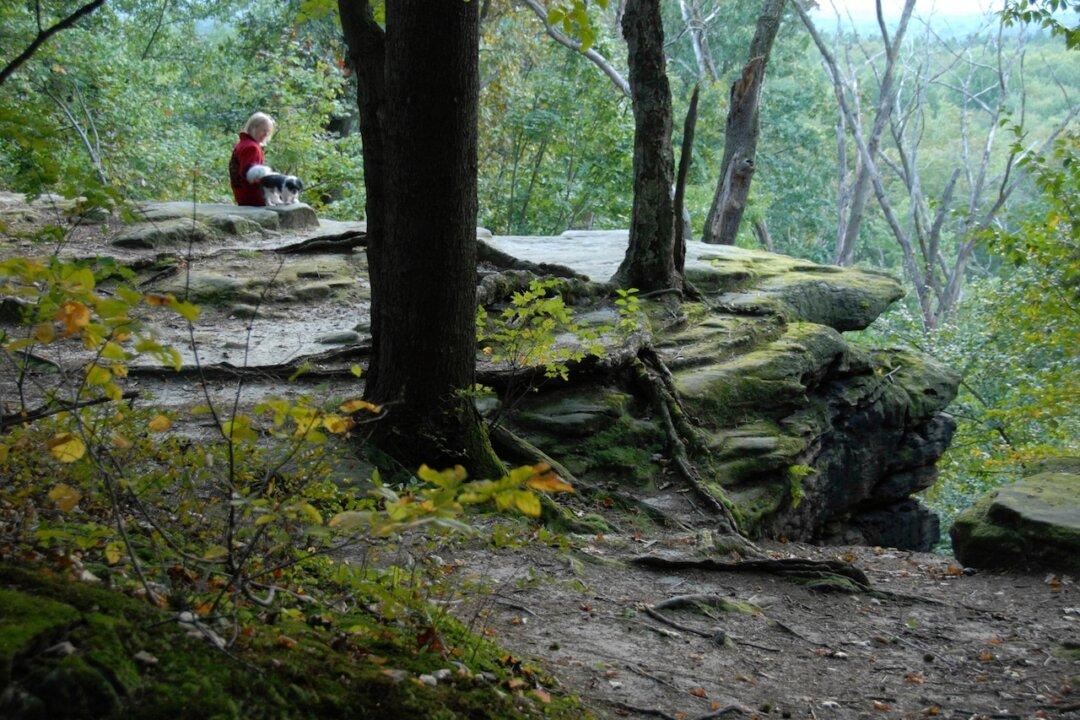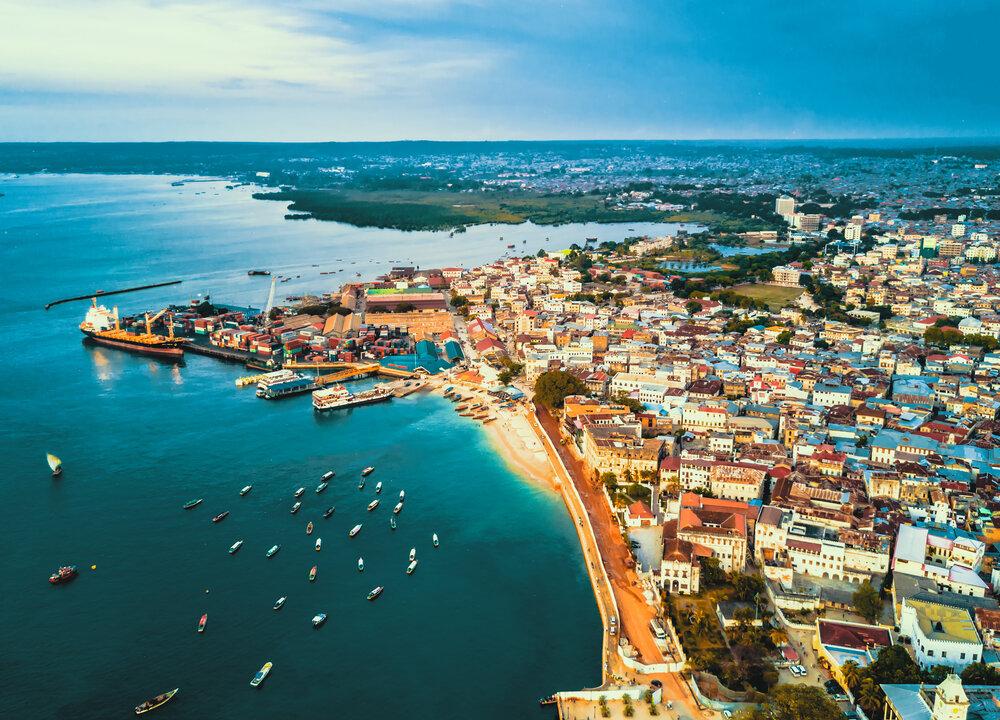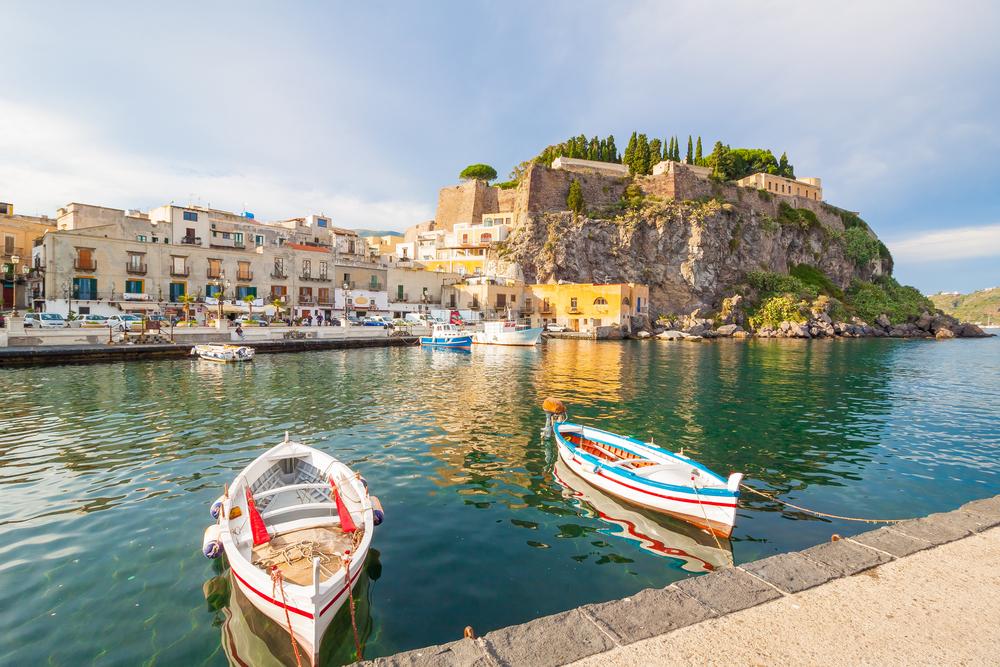“Hail! O Mosella, to thee, great parent of fruits and of peoples!“
It was Ausonius, the Roman poet who lived at 310–395 BC, who provided us our most resilient reminder of the Mosel wine region of Germany. The steep hillsides overlooking the Mosel River, they render wines as unique as the flowers they mimic, the magic potion of Bacchus, straight from the world’s finest Riesling grapes. The Mosella is famous for it viticulturists, and for some, for sunlit sparkling surprises too.
Unlike the other main wine growing regions of Germany, the Mosella has somehow retained its individuality. Family vineyards dominate the slopes overlooking the small villages of the region, unlike their Rheinhessen counterparts, notorious for mass produced Liebfraumilch and such. One Family winery near my office, Manfred Thesen and his wife Annette, they’re a perfect example of tradition and passion for the fruits of the land. Emblematic of the dozens of producers in Schweich, the Thesens carry on a tradition that is hundreds of years old, as you'd expect.
For those unfamiliar with our part of Germany, Schweich is a small town just north of Trier on the Mosel. Graced with lustrous green hillsides, laced top to bottom with vineyards on the steep hillsides, it was Trier that was once designated Roma Segunda, or the second Rome. Nearby to the oldest city in Germany, the land surrounding what became the throne of Constantine was where the Romans brought large scale wine-making in the 1st century A.D. Whatever archaic viticultural techniques have been lost since those early days, the character of soil and sun here ensures astonishing viticulture. For wine-makers such as Herr Thesen and his family, whose operations I’ve visited many times, tending the steepest vineyards on Earth, literally is a blessing and a curse.
Extended sunlight and superb soil drainage of these hillsides give the Mosel wines distinctive characteristics, and legendary character, but the laborious task of tending to slopes toward 65 degrees incline adds a different dimension too. As a side note here, this writer nearly slid 500 feet straight down a slope taking these pictures, owing to smooth shoe soles and I must admit, awkwardness. I'd always wanted to photograph the Mosel harvest, you see I have oft wondered how harvesters managed. The answer I learned is “precariously indeed.”
To the harvest, this happens in late September or early October, largely depending on the ripeness and character of the grapes. Thesen Weinbaum, our spotlight winery, it’s one we’ve been wine festival and wine-garden enthusiasts throughout our time in Schweich. The Thesens, they’ve also operate a wine venue (garden) which is insanely popular with locals and with tourists as well. So it is, my wife’s affinity for the winzersekt (sparkling wine) of the region, this facilitated both our greater understanding of Mosel wines, and of the wonderful hospitality of the Thesens. Though we’ve sampled magnificent product all along the Middle Mosel (Mittelmosel) from Bernkastel to Piesport, there’s no substitute for proximity and friendship. The wine tasting venue of choice for us is a block away from our home-offices,and the wines are spectacular. So.
So it was at long last (seven years since my arrival) I asked Herr Thesen about photographing the harvest this year. Just why I‘d never ventured to the slopes during harvest my previous 6 years here, it’s still somehow a mystery unsolved. Like a tourist,I suppose, the local laborers donning the slopes each year, they’ve seemed a bit like shadowy pixies or fairies who appear and disappear overnight during harvest. Short version, I just never seemed to catch them picking grapes. Thanks to our favorite wine making couple though, my experience of Mosel wines gained understanding. High up a “moderate” slope outside town, the jolly crew of Thesen harvesters cheerfully snipped ten thousand bunches of white grapes, and without so much as a sleight or slip toward the river road far below (unlike this writer), I might add. Since plummeting to my early demise in slick soled shoes was not in the cards this Fall day, I’m here to write about the magic of the Mosel harvest, and an experience I’d recommend for any wine enthusiast.
Days after the picking and crushing, I quizzed Thesen about his family’s part in the great Germanic heritage of viticulture. Much as I suspected though, the family and the winery has some interesting historic garnish for my story. As it turns out Thesen’s forebears contributed their part to the greater cultural and historic fabric that is every village in Germany. I was most interested to discover, for instance, that two of the vintner’s grand uncles were part of Kaiser Wilhelm’s Elite Guard, owing to their extreme tallness. The discussion carried on for a full hour. As we spoke of Germany “back when,” and of harvest then and now, the genuine richness of tradition here came into full view for me. Like a passenger on a fast train, Schweich and the Mosel valley came into full focus, listening to a full German recounting, hearing about the bumper harvest that “almost” was, this year.
“Great parent of fruits, and of peoples,” indeed. What began for me seven years ago as an imaginary photo op amid seasonal workers clinging to hillsides (how I imagined the harvest), it ended up with me jettisoning a great many preconceptions I'd clung to. Not unlike the agrarian farmer in the deep South in America, their German counterparts can easily be underestimated. I finish with this testimony so that the new visitor might relish more fully, the people’s deep cultural spirit here. We miss so much, especially these days, passing by without a word intelligent, really knowing people. This is the case with people like the Thesens, and their contemporaries all over these hills we’ve met. You want to learn about the science of global warming? Ask a winemaker who’s made a life and living for decades. Interested in politics and a new world order? Talk with a villager in Germany, about the same “old order” of things we misperceive as new.
As for the harvest that almost was this year? Thesen said it best when describing this season’s fruit fly albatrosses. You see some Middle Eastern or African super-fly flew in days before the harvest, just to ruin millions of euros in wine production. Thesen reflected at our farewell; “There’s never been a year without some problem. We always have something to overcome.” And in this I harvested my own rare bouquet indeed. Any great thing on Earth is made up of great people and great tradition, obstacles and triumphs to be shared, over a chilled flute of sparkling white Mosel wine.
Come visit this paradise and see what I mean.
For more information on Thesen Wines readers can contact Herr Thesen directly at: Brückenstraße 52, 54338 Schweich, Germany, Ph: +4965022613. You may also inquire in the comments, as I am happy to answer any questions I can. The Trier tourism site also has great information on the region.
